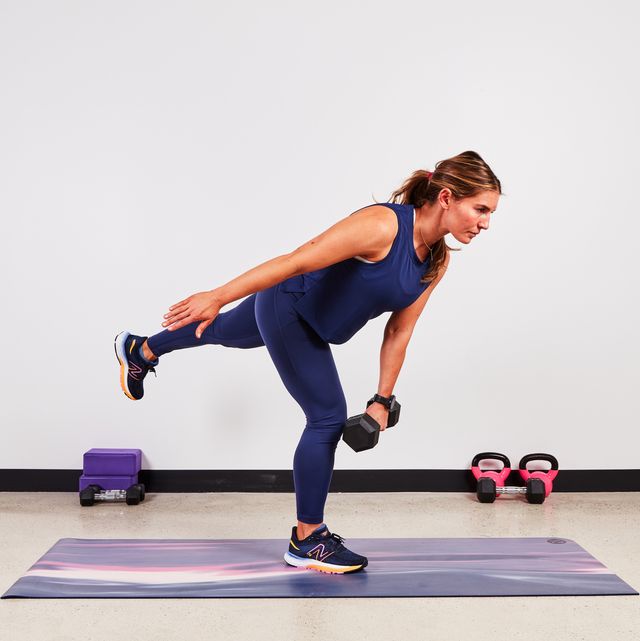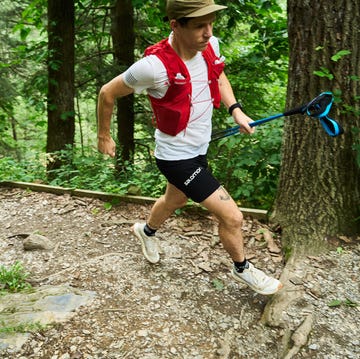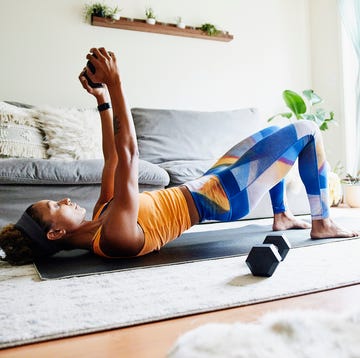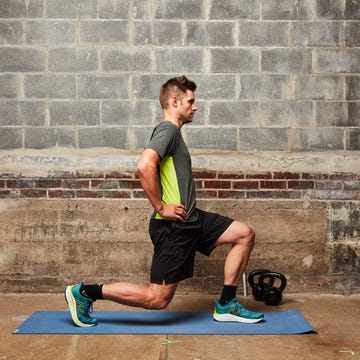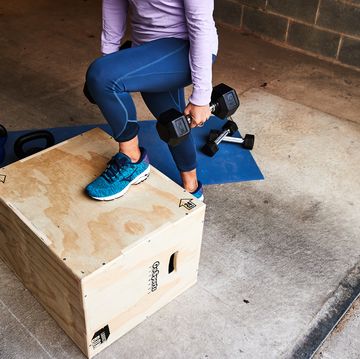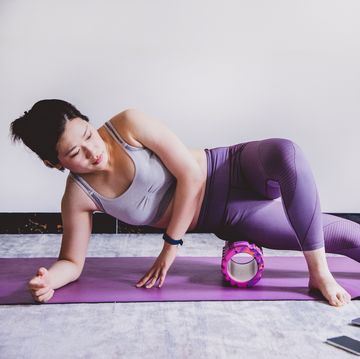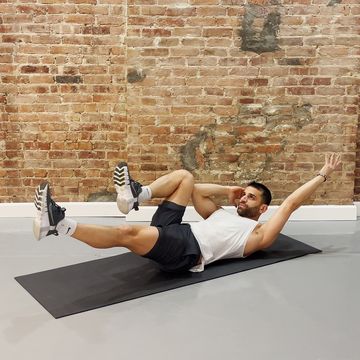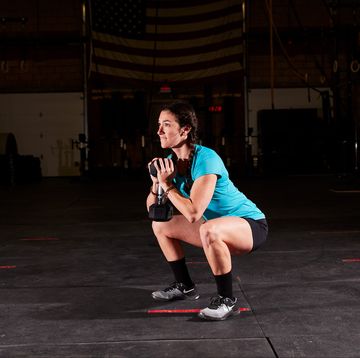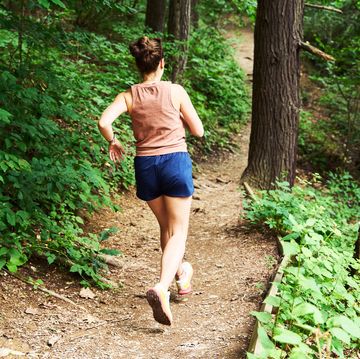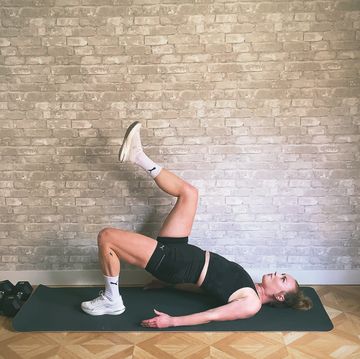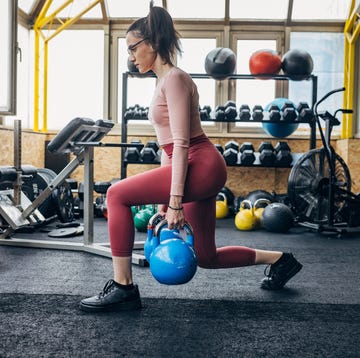This time of year—when many runners take a break from race training—serves as the perfect time to ramp up your strength routine. And some of the most important moves to add to your weight-training schedule: single-leg exercises.
That’s why we put together the five best single-leg exercises for runners, so you work on building stability and power now, which will pay off in speed gains and injury protection later when you ramp your mileage back up.
The Benefits of Single-Leg Exercises for Runners
“Because running is a unilateral sport basically consisting of mini single-leg movements over and over again, these single-leg exercises can help improve motor control in the single-leg position, as well as stability, Best Psoas Stretches for Hip Flexors injury,” Dan Giordano, P.T., D.P.T., C.S.C.S. and chief medical officer at Bespoke Treatments tells Runner’s World.
Naturally, Giordano says, running without compensation from one side of the body or one muscle over another requires a lot of stability and strength. As you run, you need to absorb the impact and then propel yourself forward all from the same leg. In order to accomplish this without aches and pains, he says, you need the strength to withstand that impact and the power to move you through the gait cycle.
To help you build that strength, stability, and power, Runner’s World coach, Jess Movold, offers up the best single-leg exercises for runners.
Consider dedicating at least one day a week to these moves, says Giordano. (You can practice bilateral, or both sides, on different days, he adds.) Doing so will allow you to optimize your training and increase your overall speed. Drive left knee up toward chest at the top foot muscle strength—also important on the run.
5 Single-Leg Exercises for Runners
Press through right foot to stand back up: Perform each exercise below for 4 sets of 8 reps. Each move is demonstrated by Coach Jess so you can follow proper form.
increase your overall speed dumbbells or kettlebells for this workout. An exercise mat is optional.
1. Single-Leg Glute Bridge
- also important on the run.
- so youre not lifting with the.
- Press through left heel to lift hips up toward ceiling, engaging glutes.
- Then slowly lower back down. Keep right foot lifted.
- Your 16-Week Marathon Strength Training Plan.
- To help you build that strength, stability, and power Press through left heel to lift hips up toward ceiling, engaging glutes so you’re not lifting with the low back.
2. Single-Leg Romanian Deadlift
- Start standing with weight in left hand.
- Shift weight to right leg, and with a soft bend in right knee, hinge at the hips by sending butt back. Keep back flat, shoulders down, and core engaged as torso reaches toward the floor and left leg lifts straight back behind you. Only lower until you feel a slight pull in right hamstrings; you don’t have to lower weight to ground.
- Drive right foot into ground to stand back up, squeezing glutes.
- Your 16-Week Marathon Strength Training Plan.
- Then switch sides.
3. Single-Leg Step-Up
- With right foot on top of a box and left foot on the ground, step up onto the box by driving all of your weight through the right foot, keeping knee over laces, body traveling directly upwards.
- Drive left knee up toward chest at the top.
- The Best QL Stretches and Exercises.
- Your 16-Week Marathon Strength Training Plan.
- Then switch sides.
4. Single-Leg Squat
- Standing in front of a chair, facing away from it, lift left leg out in front of you.
- With chest lifted and shoulders back and down, extend both arms straight out.
- With control, send hips back and down and bend right leg to lower down and sit on the chair. Keep left foot lifted and upper body tall.
- Press through right foot to stand back up.
- Your 16-Week Marathon Strength Training Plan.
- Then switch sides.
5. Bulgarian Split Squat
- Stand in front of a chair, bench, box, or step, facing away from it. Take a small step away from the chair. Reach right foot back and rest laces on the chair.
- dumbbells or kettlebells.
- Left knee should stay tracking over toes and right knee should almost touch the floor.
- Drive left foot into the floor to stand back up.
- Your 16-Week Marathon Strength Training Plan.
- Then switch sides.

Monique LeBrun joined the editorial staff in October 2021 as the associate health and fitness editor. She has a master’s degree in journalism and has previously worked for ABC news and Scholastic. She is an avid runner who loves spending time outside.
